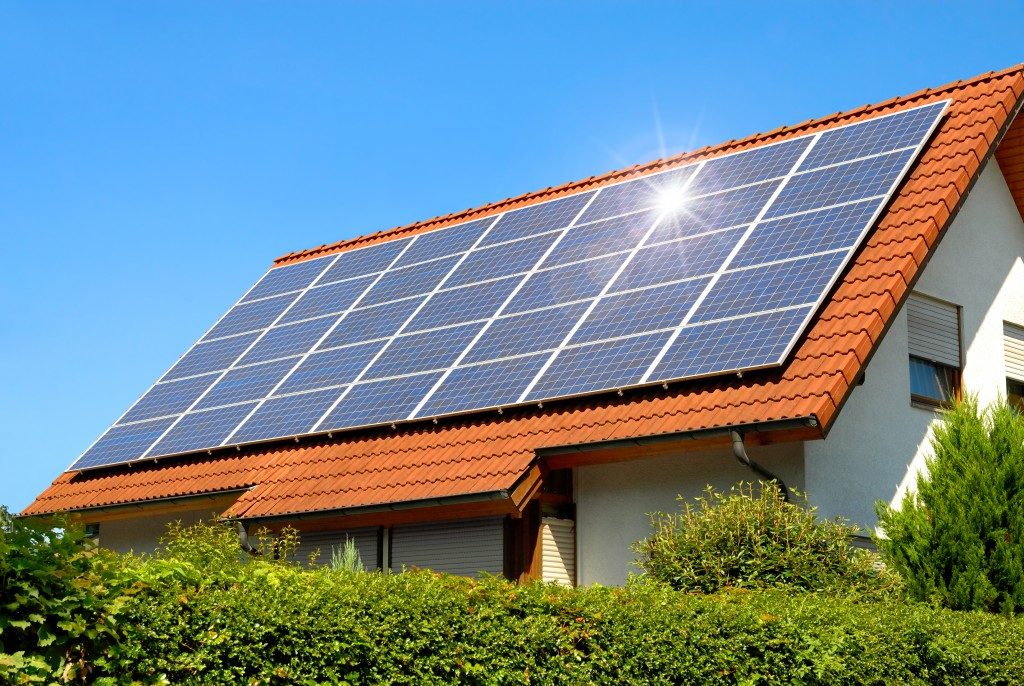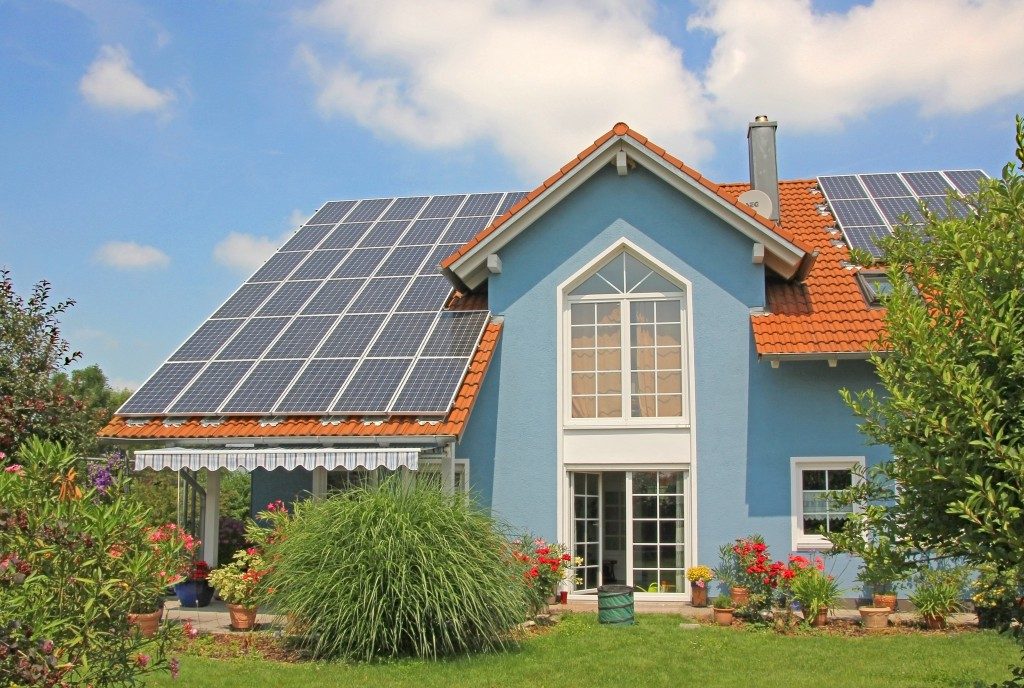Thanks to successful energy conservation campaigns, more and more residents around the world are switching to solar energy. While adding this feature to your home or any property can be an excellent long-term investment, it is still advisable to know some of the basics and how it works to your advantage.
Here are some frequently asked questions when buying a solar power device:
1. Is your roof strong enough to support solar panels?
The first thing you need to assess is the overall condition of your roof. While there are some lightweight panels available, it is essential to get your roof inspected by a professional. This is to make sure your roofing system is durable enough for the panels. In some cases, solar companies in Utah may recommend installing structural support device to ensure safety and durability. This is important, especially on sloped roofs.
Another thing you should have in check is the terrain of your property. As much as possible, there should be no obstruction in every area where you plan to install the panels. Consider trimming the trees for more sun exposure.
2. Do you have an idea of your energy usage?
Before switching to solar panels, it is best to have a complete audit report of your previous and current energy usage. This is to find out exactly how much you’re saving. Also, you should also pay attention to your daily routine. Just because you’re using solar energy device doesn’t mean you don’t have to make adjustments. Consider other ways on how to improve efficiency.
Start with simple habits like unplugging your appliances after use. You may also invest in cheaper home upgrades such as improving airflow around the house by installing more vents and windows.
3. How much does it cost?
The rates for installing solar panels may vary depending on several factors. This includes the size and type of the device, layout, and energy capacity. On an average, price range is about $17,000 – $80,000 (4kW up to 20kW). The minimum roof space required is 267 square feet. Although many solar companies today can customize the device for certain conditions.
While this may seem expensive at first glance, you’ll be surprised how much ROI you will get in the long run. On average, you can save about $1,000 to $10,000 yearly.
4. DIY or Hire a Professional?

While there are solar energy devices available online or in some local hardware, it is advisable to hire a professional. Take note that installing this equipment requires a wealth of experience and knowledge to get the best possible results.
When looking for solar companies, make sure you’re dealing with licensed and certified installers. Along with permits and other legal documents, they should also discuss the contract in details. Inquire about the policies about warranties, financing, ownership, and performance expectations.
Upon your consultation, they may send their technicians to check your property. They will recommend strategic areas to install your panels and the best size or type of device.
Switching to solar panels effectively will not only help you save on utility bills. This is also a significant contribution to the environment.
